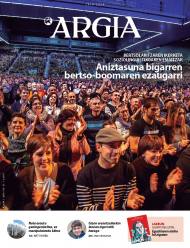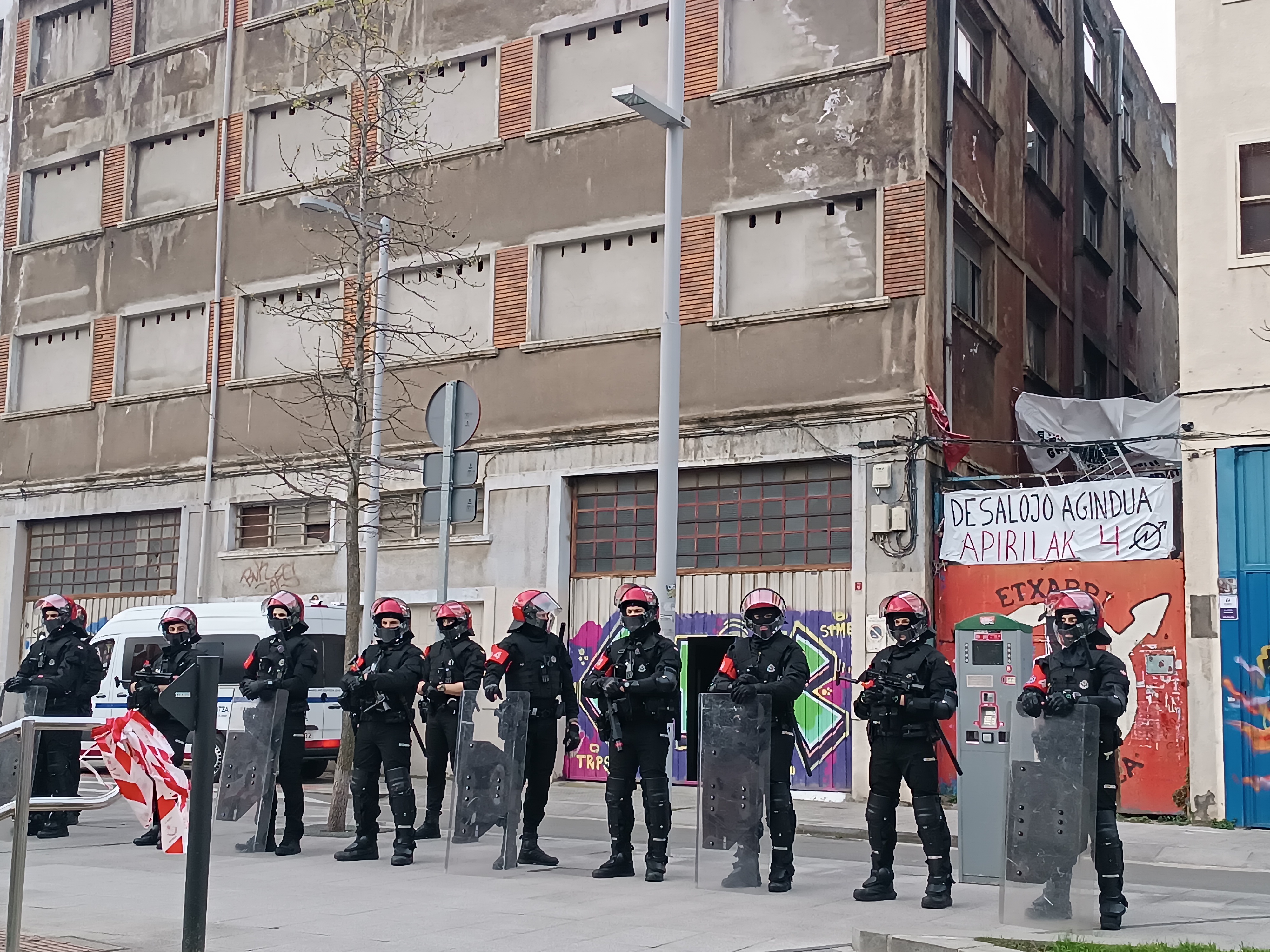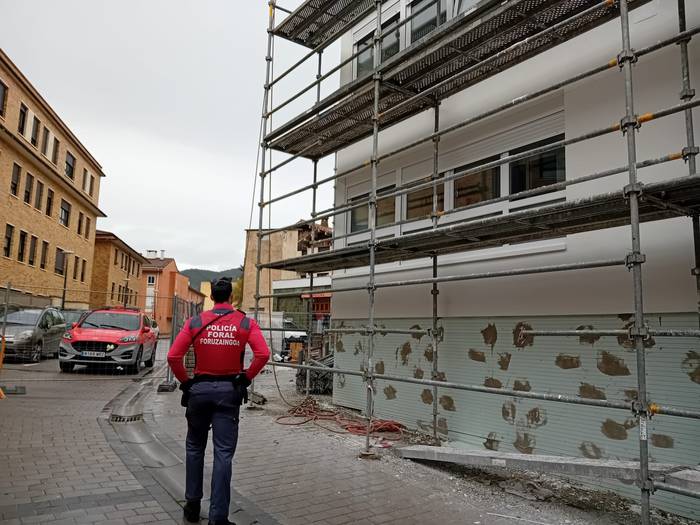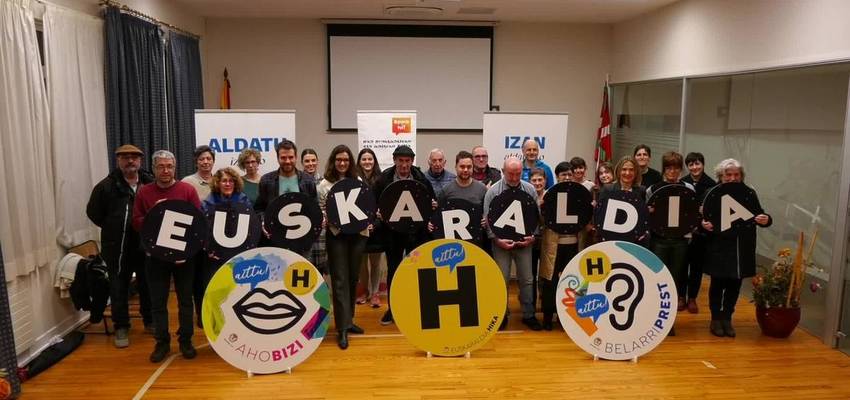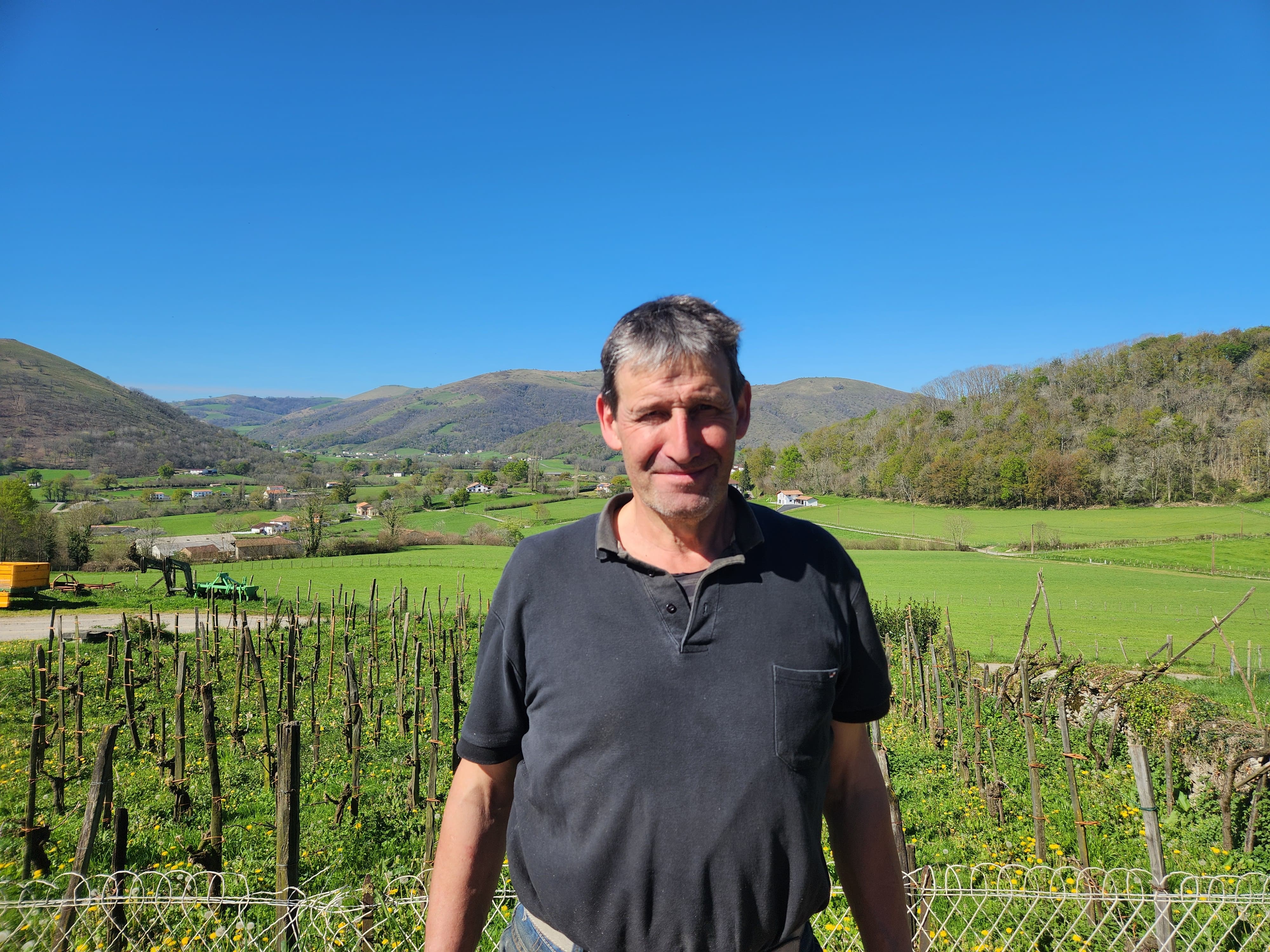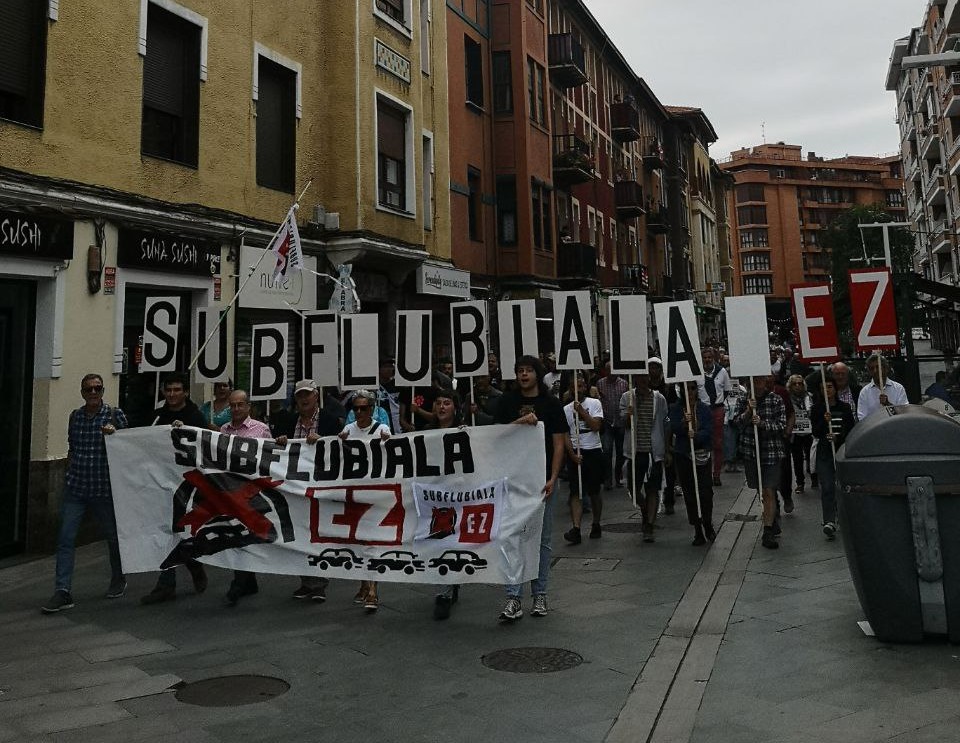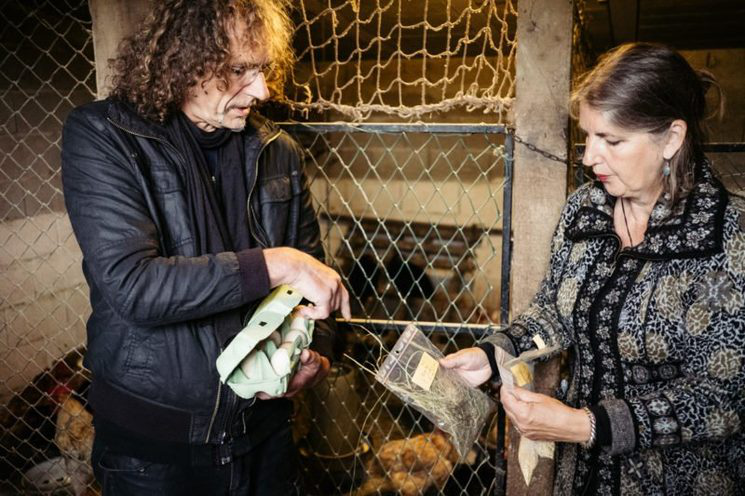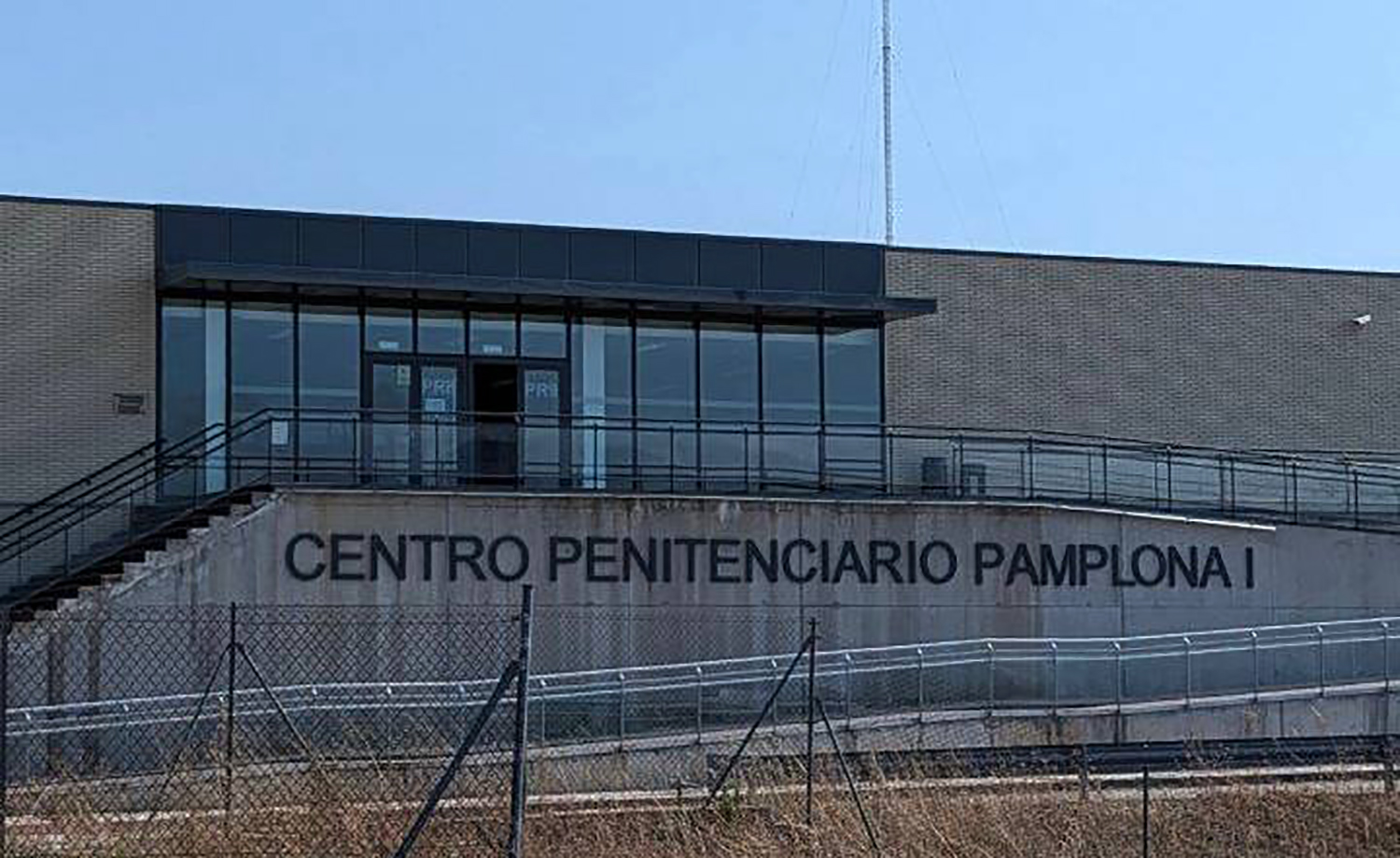Pedagogy of the oppressed
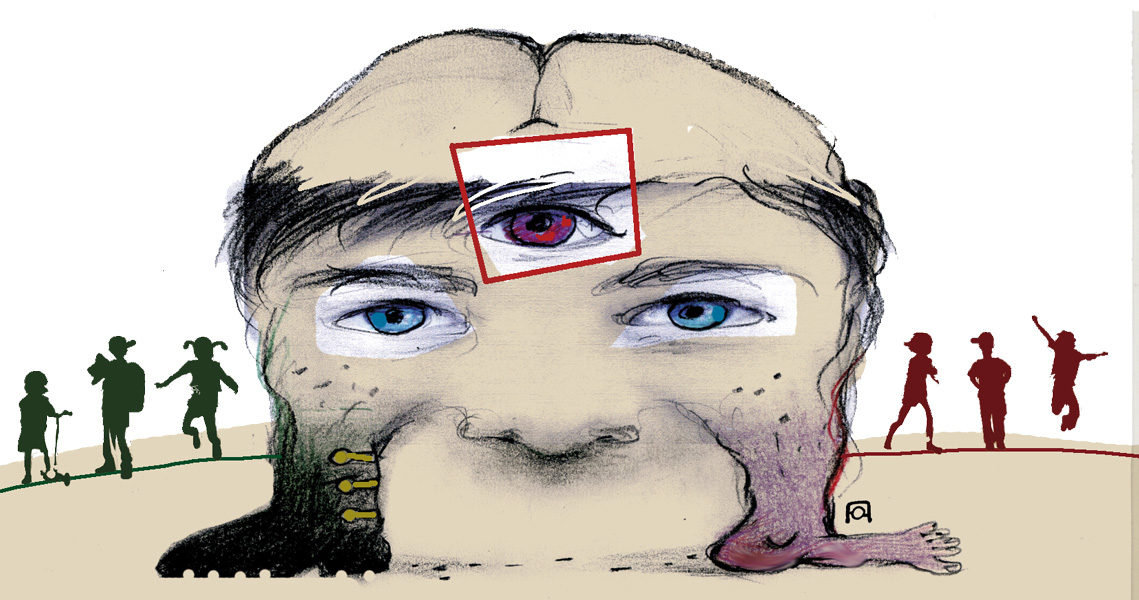
Lately, I am concerned about the perspective offered in Basque schools on our national problem. According to some of the facts that I have been told, the ideological tibidity that prevails among us has also arrived, and I find it very worrying at least. I know that statements such as “Euskal Herria is not a dominated people” or “here in Spain” are common, but listening through the mouths of the teachers also seems to me a dangerous step in the assimilation of our children, because we are representatives of knowledge and truth in the eyes of the students.
Learning is the most political action you can imagine if you are told to know and understand the reality around us. In fact, for boys and girls to discover, it's up to us adults to make that world known earlier. And deciding which part of the world we're going to show is an absolutely political choice, of course. As in most areas of life, there are no neutral positions in education either.
Paulo Freire said that the real literacy of children is to learn to make a proper reading and interpretation of their reality. And he wrote the well-known book of pedagogy of the Oppressed, because he knew that the victims of oppression are the ones we most need to know and transform our reality, because we play liberation.
Neutral education is not possible. Nowhere, never and for no one. But in situations of oppression it is especially dangerous not to know that this is so and to think that we can have an equidistant attitude, since when fundamental rights are violated the implication of our attitude as an educator is very great. This is the case of the Basque teachers, because our people are domesticated, and because having the fundamental rights of self-determination violated, the oppression we suffer is structural.
Basque children and young people live in an occupational reality, such as the Sahrawis or the Palestinians. To designate and denounce this oppression, or to camouflage and naturalize, is a decision that each professor should make, but both are political options, that no one conceals under the supposed neutrality.
It seems that we have believed that freedom is in the hands of the individual or that we live in democracy, because suddenly domination has become invisible. Now, the word imperialism is already used in our classrooms to refer to realities far from us; the occupation is interpreted as a coexistence between different and we are sold as a value of cultural diversity the colonization always monochromatic.
Let him know that Basque education cannot ignore the political problem of his people. In the conviction that it is appropriate to express that its defining elements are nothing more than the Basque Country and the Basque culture, it is not a wise decision to remove the problem of the oppression of classrooms. It is a mistake, because linguistic normalisation needs that oppression that is intended to be concealed. Naïve because not explaining the political origin of the hegemony that the Spaniards and the French have here is to naturalize our harsh reality.
Above all, however, it is unfair: by defending the guilt and responsibility of the oppressors, because the student designates the only ones responsible for the choice they should make in favor of the Basque country. We will then be surprised to learn that the language habits and national accession of the youngest are not as we had planned. What has failed?
I'm talking about Interview. With water and sand
Authors: Telmo Irureta and Mireia Gabilondo.
The actors: Telmo Irureta and Dorleta Urretabizkaia.
Directed by: Assisted by Mireia Gabilondo.
The company is: The temptation.
When: April 2nd.
In which: At the Victoria Eugenia... [+]
Euskal Herriko Laborantza Ganberak hogei urte bete ditu. 2005ean sorturik, bataila anitzetatik pasa da Ainiza-Monjoloseko erakundea. Epaiketak, sustengu kanpainak edota Lurramaren sortzea, gorabehera ainitz izan ditu hogei urtez.









